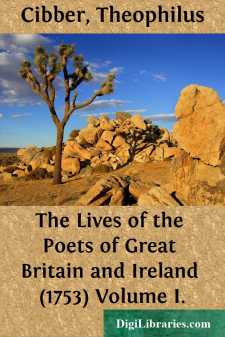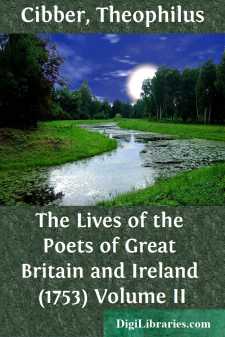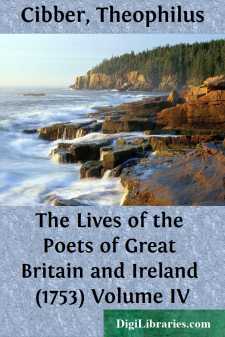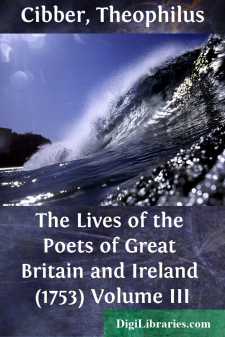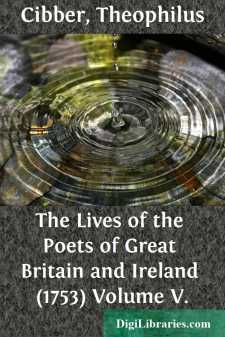Categories
- Antiques & Collectibles 13
- Architecture 36
- Art 48
- Bibles 22
- Biography & Autobiography 816
- Body, Mind & Spirit 145
- Business & Economics 28
- Children's Books 17
- Children's Fiction 14
- Computers 4
- Cooking 94
- Crafts & Hobbies 4
- Drama 346
- Education 58
- Family & Relationships 59
- Fiction 11834
- Foreign Language Study 3
- Games 19
- Gardening 17
- Health & Fitness 34
- History 1378
- House & Home 1
- Humor 147
- Juvenile Fiction 1873
- Juvenile Nonfiction 202
- Language Arts & Disciplines 89
- Law 16
- Literary Collections 686
- Literary Criticism 179
- Mathematics 13
- Medical 41
- Music 40
- Nature 179
- Non-Classifiable 1768
- Performing Arts 7
- Periodicals 1453
- Philosophy 66
- Photography 2
- Poetry 897
- Political Science 203
- Psychology 45
- Reference 154
- Religion 516
- Science 126
- Self-Help 85
- Social Science 82
- Sports & Recreation 34
- Study Aids 3
- Technology & Engineering 59
- Transportation 23
- Travel 463
- True Crime 29
Our website is made possible by displaying online advertisements to our visitors.
Please consider supporting us by disabling your ad blocker.
The Lives of the Poets of Great Britain and Ireland (1753) Volume I.
Categories:
Description:
Excerpt
GEOFFRY CHAUCER.
It has been observed that men of eminence in all ages, and distinguished for the same excellence, have generally had something in their lives similar to each other. The place of Homer's nativity, has not been more variously conjectured, or his parents more differently assigned than our author's. Leland, who lived nearest to Chaucer's time of all those who have wrote his life, was commissioned by king Henry VIII, to search all the libraries, and religious houses in England, when those archives were preserved, before their destruction was produced by the reformation, or Polydore Virgil had consumed such curious pieces as would have contradicted his framed and fabulous history. He for some reasons believed Oxford or Berkshire to have given birth to this great man, but has not informed us what those reasons were that induced him to believe so, and at present there appears no other, but that the seats of his family were in those countries. Pitts positively asserts, without producing any authority to support it, that Woodstock was the place; which opinion Mr. Camden seems to hint at, where he mentions that town; but it may be suspected that Pitts had no other ground for the assertion, than Chaucer's mentioning Woodstock park in his works, and having a house there. But after all these different pretensions, he himself, in the Testament of Love, seems to point out the place of his nativity to be the city of London, and tho' Mr. Camden mentions the claim of Woodstock, he does not give much credit to it; for speaking of Spencer (who was uncontrovertedly born in London) he calls him fellow citizen to Chaucer.
The descent of Chaucer is as uncertain, and unfixed by the critics, as the place of his birth. Mr. Speight is of opinion that one Richard Chaucer was his father, and that one Elizabeth Chaucer, a nun of St. Helen's, in the second year of Richard II. might have been his sister, or of his kindred. But this conjecture, says Urry,[1] seems very improbable; for this Richard was a vintner, living at the corner of Kirton-lane, and at his death left his house, tavern, and stock to the church of St. Mary Aldermary, which in all probability he would not have done if he had had any sons to possess his fortune; nor is it very likely he could enjoy the family estates mentioned by Leland in Oxfordshire, and at the same time follow such an occupation. Pitts asserts, that his father was a knight; but tho' there is no authority to support this assertion, yet it is reasonable to suppose that he was something superior to a common employ. We find one John Chaucer attending upon Edward III. and Queen Philippa, in their expedition to Flanders and Cologn, who had the King's protection to go over sea in the twelfth year of his reign. It is highly probable that this gentleman was father to our Geoffry, and the supposition is strengthened by Chaucer's first application, after leaving the university and inns of law, being to the Court; nor is it unlikely that the service of the father should recommend the son....


